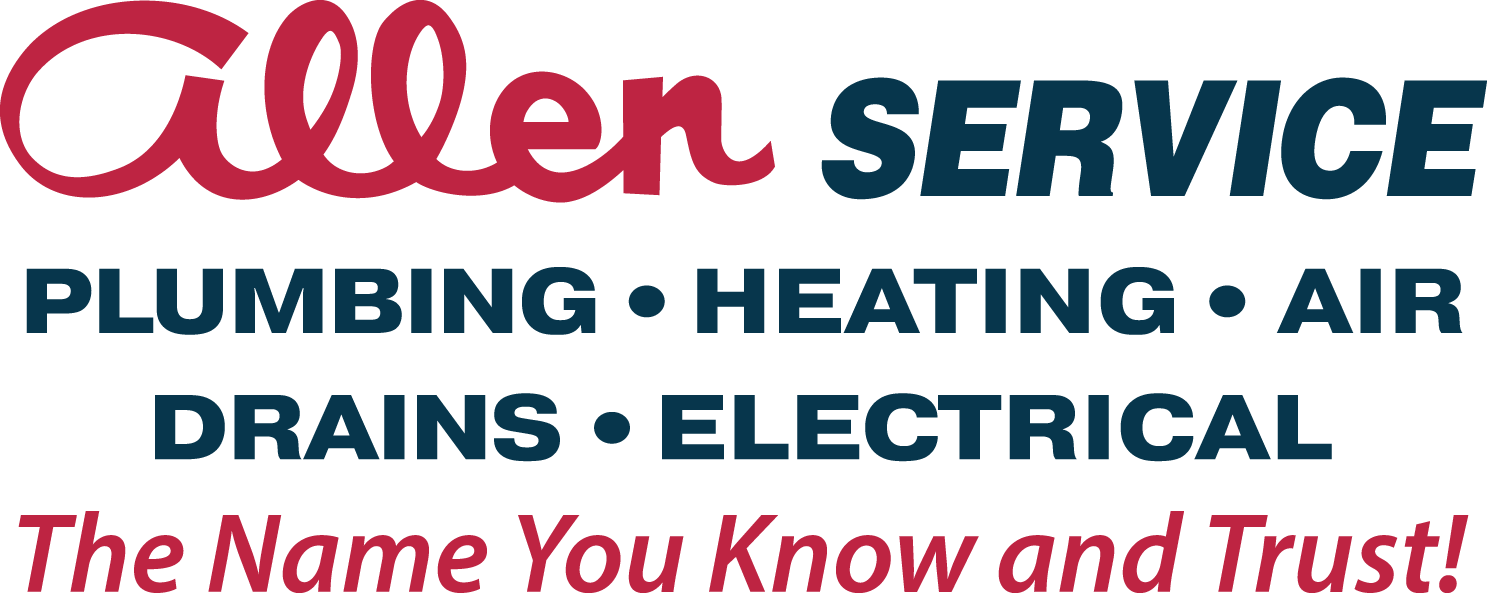
Do you start sneezing, blowing your nose, and rubbing your itchy eyes when you’re exposed to pollen, mold, or pet dander? Sounds like you have allergic rhinitis, also known as hay fever. You’re not the only one with these symptoms. According to the Asthma and Allergy Foundation of America (AAFA), 19.2 million adults and 5.2 million kids in the US have these types of allergies. Could running your air conditioner help? In a word, yes—as long as you properly maintain your cooling system.
How Running the AC Can Reduce Your Allergies
You already know that your air conditioner offers respite from the summer heat, but it can also relieve your allergies. Here’s how.
HVAC Air Filters Trap Allergens.
All heating and cooling systems come with an air filter by default. The primary purpose is to trap large, airborne debris that could settle on and damage the HVAC equipment. However, installing a more efficient filter also improves indoor air quality by trapping pollen, pet dander, mold spores, and even some types of bacteria and viruses. To trap the most allergens of increasingly smaller size, we recommend installing a filter with a minimum efficiency reporting value (MERV) of 8 or higher.
Air Conditioners Control Humidity.
The air conditioning process also removes moisture from your indoor air. Here’s how it works:
- Hot indoor air blows over the refrigerant-filled evaporator coils.
- The chilled refrigerant extracts heat from the air, and moisture condenses on the coils.
- When enough moisture accumulates, it drips into the pan below and drains away.
Humidity control is important because many allergens thrive in humid environments, including mold, mildew, bacteria, and dust mites. By opting to air condition your home rather than opening the windows, you maintain the ideal humidity level for deterring common indoor allergens.
Running the AC Keeps You Cool Without Letting in Pollutants.
Humidity isn’t the only thing lurking outside. The cool breeze on a mild summer evening might feel nice, but you should think twice about opening your windows during pollen season. Depending on whether you’re allergic to tree, grass, or weed pollen, your allergies may heighten in the spring, summer, or fall.
General outdoor air quality is also a concern. Ozone levels along the Front Range tend to skyrocket on the hottest days, and wildfires cause a smoky haze to hang overhead. Before opening the windows or heading outside, check the air quality index (AQI). Then, consider staying indoors with the AC running if the AQI rises above 100.
UV Lights in the Ductwork Purify the Air.
In addition to a physical air filter, you also have the option of installing a UV light purification system. This indoor air quality product inactivates the DNA of microorganisms, including mold, bacteria, and viruses. With this system installed in your ductwork, you can breathe easy, knowing that germs and allergens are being wiped out every time your air conditioner kicks on.
Maintain Your AC to Ensure Good Indoor Air Quality
While many allergy sufferers praise their air conditioners for helping them breathe easy, a neglected unit can actually worsen your indoor air quality. Make sure this doesn’t happen to you by following these simple maintenance tips:
- Replace your air filter every one to three months or as recommended by the manufacturer.
- Vacuum your air registers regularly to prevent extra dust and dirt from being pulled into the HVAC system.
- Check the condensate drain line for clogs that could lead to mold growth.
- Have a professional inspect your ductwork for air leaks, which can pull allergens from unconditioned spaces into your home. Then, have any leaks repaired.
- Schedule air duct cleaning if it’s been several years since you had this service performed.
- Keep your windows and doors closed while the air conditioner is running.
- Schedule professional AC maintenance once a year, preferably in the spring.
- Consider replacing your air conditioner if it’s more than 10 years old.
Allen Service Can Help You With Your Allergies
Whether you’re looking for indoor air quality products or it’s simply time for your next AC maintenance visit, turn to Allen Service for the solutions you need. We’ll consider your allergies, asthma, or other respiratory conditions when recommending services to help you breathe the cleanest air possible. Call us today at 970-672-1660 or contact us online to schedule your next appointment.
